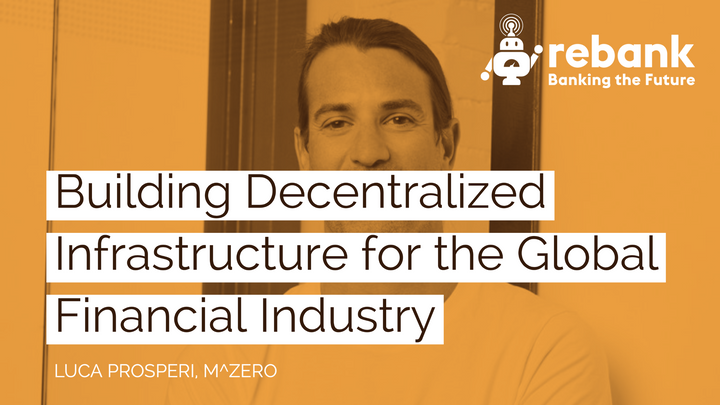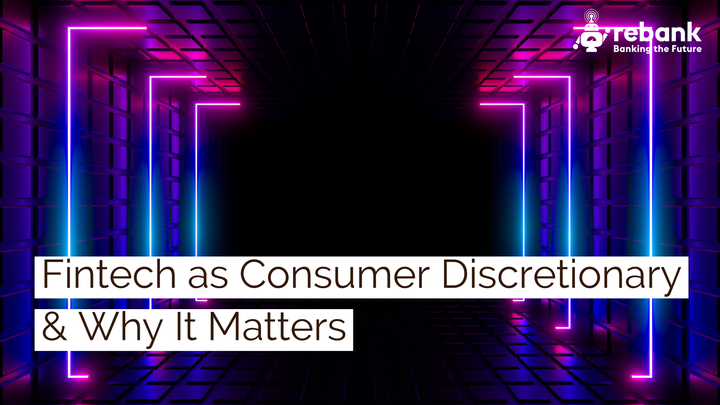What Will Banking Look Like in a World of Open APIs?

With platforms like Mint.com in the US, legislation like PSD2 in Europe, and programs like the Open Bank API initiative in the UK, the traditional stand-alone bank model is changing.
Once upon a time, people used one local bank for all their financial needs. Banks had regional footprints, and the financial services options available to any one community were finite.
Over time, banks seeking to grow customer bases expanded their geographic coverage areas, creating super-regional, national and international banks. With more banks covering greater areas, customers had more options. Competition between banks for customers increased, leading to improved and expanded product offerings and attempts at product and service differentiation.
Most people continued to do the majority of their banking with one bank, but they began using products from a number of banks. For instance, a customer may have held a checking/current and a savings account at one bank, a credit card from a different bank and a mortgage from a third bank. Multi-banked customers are common today. There are a number of reasons customers opt to use multiple banks, including product suitability, customer service, price and trust.
Banks themselves support the multi-banked market structure. Different banks pursue different types of customers and different types of risk. One bank may seek to build a strong personal credit card business, while another may seek to grow its mortgage book. Both will tend to more attractively price and more widely market their preferred products, and customers will respond accordingly.
Customers generally consider “their bank” to be the one with which they hold their checking/current account, and banks place great importance on this definition of customer ownership, too. Visibility into a customer’s transaction account provides the clearest picture of his or her financial position and potential financial services needs, improving cross-sale potential for banks.
Expanding customer transaction visibility to new bank and non-bank providers via opt-in platforms and services frees customers from the traditional model of “ownership” by banks.
Personal banking and financial management will be increasingly aggregated on bank and non-bank platforms. Tools like Mint.com in the US are great examples of what this can look like, and in the coming years, the capabilities of these platforms are set to improve dramatically.
PSD2 in the EU and the Open Bank API initiative in the UK are driving banks to provide not only read access to account information, some of which is available already by way of screen scraping, but payment execution rights as well. Combined with data visibility, the ability to make payments and transfer money via non-bank applications would fundamentally change the way personal banking and financial management is done.
The primary impacts of greater account access include:
- Shift of customer ownership from bank to platform provider
- Merchant directed payment execution and resulting disintermediation of card networks
- Improved data insight around customers
- Increasingly tailored financial service solutions for customers
- Improved provision of financial advice to customers
- Improved cross sale opportunities for banks and non-banks
- Loss of bank touch points with customers
- Potential for greatly improved user experience
- Increasing automation of retail banking
- Increasing importance of trust, reputation and relationship in bank customer retention
- Falling bank fee revenue as a result of increased competition and ease of access to customers
- New bank, aggregator and potentially card network business models
- Integration of customer account data & payment access into a wide range of existing sites and applications for buying, selling, paying and accounting
- White-labelled provision of bank-like services by non-banks
The next few years will bring meaningful improvements in the way retail banking services are delivered to customers.
Traditional business models will be challenged, and the resulting changes will be welcome.


